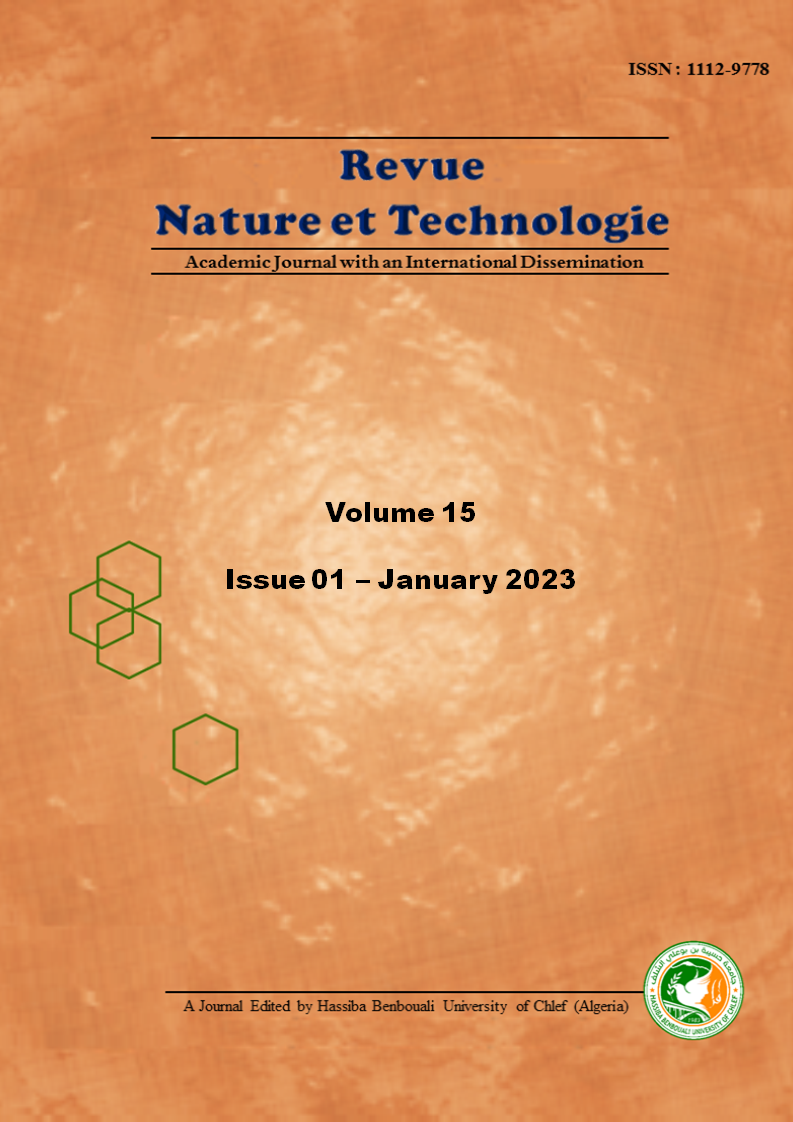Physiological study of the rotting of citrus fruits in conservation in some markets of Kenitra (Moroccan city)
Abstract
Citrus fruits are harvested at the beginning of ripening to maximize the shelf life and marketing period. However, prolonged storage of citrus exposes them to various conditions that may be of physiological origin, often related to cold, or of parasitic origin, mainly fungal diseases. Not all fruits entering the conservation station become marketable, resulting in financial losses in addition to transportation and storage costs. The physiological study of the effect of two culture media (Malt Extract Agar (MEA) and Patato dexstrose Agar (PDA)) on the mycelial growth of four fungal species (Penicillium italicum, Penicillium digitatum, Aspergillus niger and Acremonium sp.) isolated from rotten citrus fruits in storage showed that both environments are favorable to the development of these fungi.

Downloads
Published
How to Cite
Issue
Section
License
Copyright (c) 2023 Nature & Technology Journal

This work is licensed under a Creative Commons Attribution 4.0 International License.
- All publications of "Nature & Technology Journal" are available under CC-BY Creative Commons Attribution 4.0 International which allows sharing, copying, reproduction, distribution, communication, reuse, adaptation by all means, in all formats and under all licenses.
- Any exploitation of the work or derivative works, including for commercial purposes, is possible. The only obligation is to credit the creators of the authorship of the original works, to indicate the sources and to indicate if modifications were made to the works (obligation of attribution).
This License gives:
- Nature & Technology Journal the right to develop, promote, distribute and archive the article set cited above (including, without limitation, the right to publish the work in whole or in part in any form whatsoever) and ensure the widest dissemination.
- The author (s) reserves the right to use all or part of this article, including tables and figures of his own works, providing that the appropriate recognition is given to the publisher as the holder of the copyrights, and the right to make copies of this article for its own use, but not for sale.




